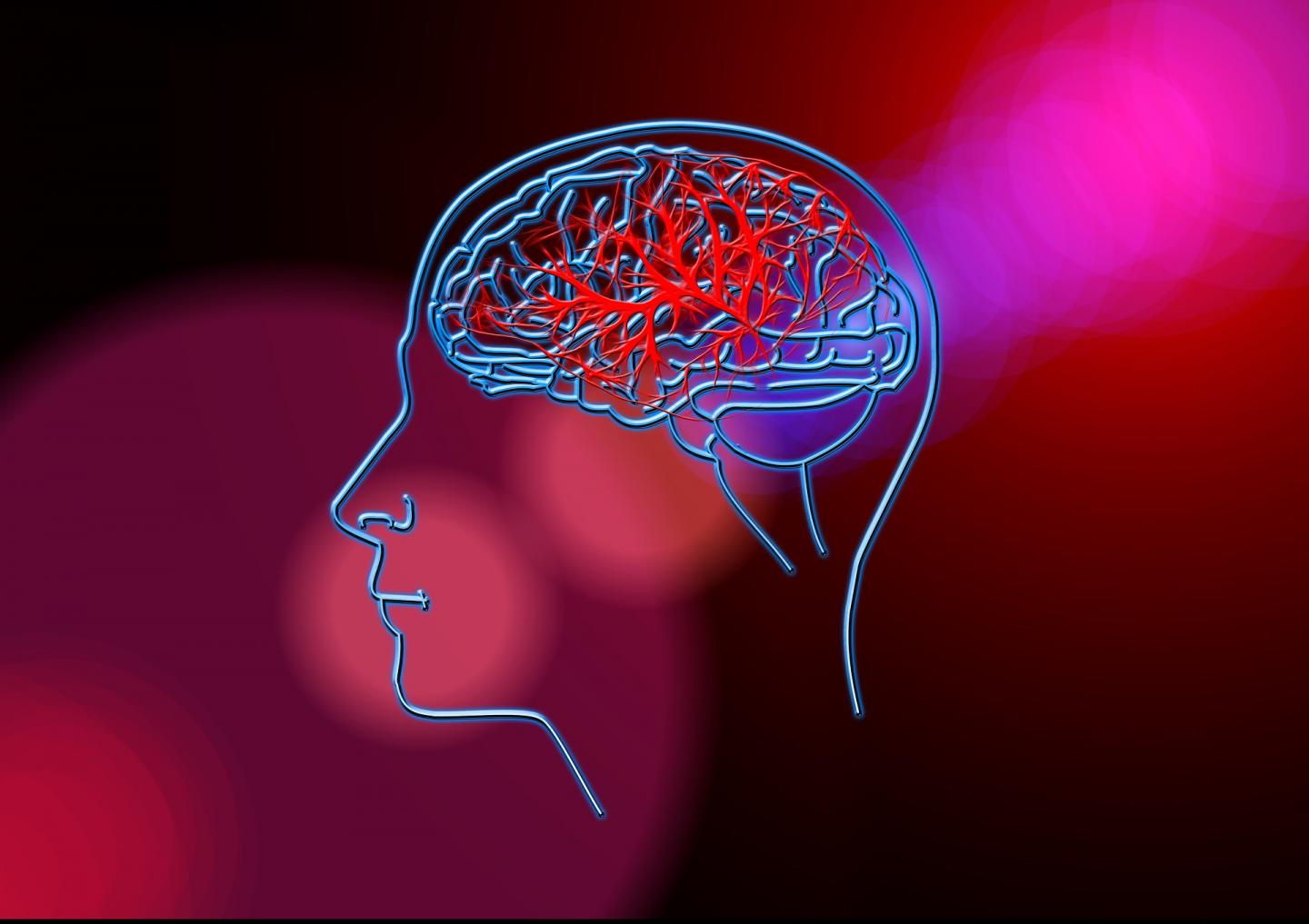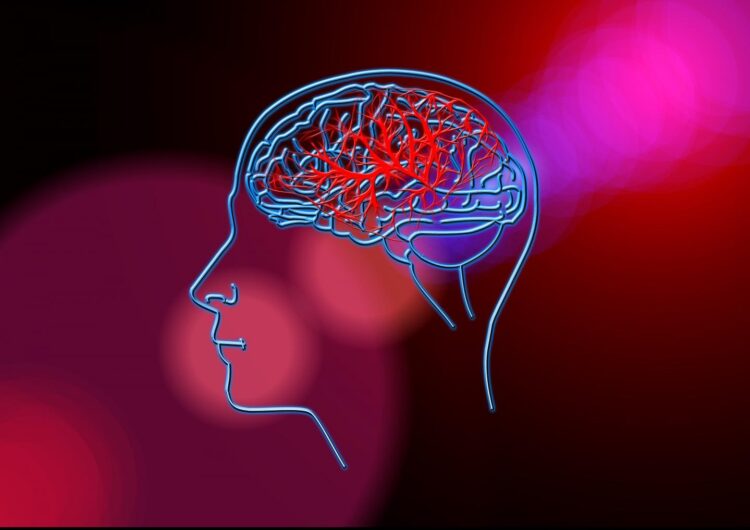Cerebral small vessel disease manifests as a wide range of symptoms, requiring a holistic approach for identification and intervention

Credit: Gerd Altmann on Pixabay
Cerebral small vessel disease (SVD) is characterized by damage to the blood vessels and parenchyma in the brain. It presents as a multitude of symptoms, which makes the diagnosis difficult. Matters are complicated further when SVD sets in along with other comorbidities with similar symptoms. Therefore, accurate diagnosis at an early stage of disease progression helps in defining better prognosis and management strategies for patients with cerebral SVD.
A team of researchers from the United Kingdom set out to review more than 10,000 studies on clinical diagnosis, risk factors, progression, and intervention in SVD patients. This review, now published in the Chinese Medical Journal, recommends a holistic, multidisciplinary assessment of individual needs in patients suspected to have SVD.
The literature review shows that cerebral SVD can present as various clinical symptoms, such as stroke, cognitive impairment, psychological issues, urinary problems, or gait- and balance-related manifestations. Because these symptoms are often also associated with other problems, Prof. Wardlaw, one of the reviewing researchers, states, “Clinical presentations are frequently multifactorial, particularly in older people, and therefore, a patient who presents with more than one of these symptoms has a higher chance of developing SVD.”
The researchers also looked at some risk factors that might increase the likelihood of onset, progression, and severity of cerebral SVD in patients. They found that several risk factors like vascular health (condition of blood vessels and heart), lifestyle habits such as smoking and drinking, environment, and even cultural aspects can influence the development of SVD later in life. However, they also suggest that factors like socioeconomic background and biological sex of the patient need to be investigated further in order to understand whether they influence diagnosis or representation of symptoms.
The complexity of cerebral SVD is attributable not only to its wide range of symptoms and associated risk factors but also to the unavailability of a concrete therapeutic intervention for patients. Lifestyle changes like regular exercise, smoking cessation, and some kind of resistance training have shown positive effects in patients with SVD. Pharmacological intervention to control blood pressure and the lipid levels (amount of fat molecules) in the body has shown mixed effects. Prof. Wardlaw emphasizes, “Encouragingly, exercise and a healthy Mediterranean diet with folic acid and vitamin B12, combined with guideline-based vascular risk reduction through drugs, has been shown to slow cognitive decline in older people with cerebral SVD.”
In addition to providing a detailed account of this disease, the researchers have also brought to light new, open questions in the research of this disease. Their literature review points to several gaps in our understanding of this disease, which can be investigated in the future. To that end, Prof. Wardlaw says, “We advocate for more clinical studies on psychological effects of this disease and trials to identify effective lifestyle and pharmaceutical interventions.”
Trials on medications and modifiable as well as non-modifiable risk factors and a combination of these may help in a proper intervention. The researchers are hopeful that advanced preclinical, neuroimaging, and pathological research methods will help in finding an effective treatment for cerebral SVD. However, they emphasize that fully understanding a disease requires active patient involvement as well, and cerebral SVD is no different in this aspect. They suggest that it is a good idea for patients to be on top of the monitoring of their health and disease progression. To this end, technological interventions like mobile apps and virtual clinics, which can facilitate self-monitoring by patients and help doctors track their patient’s health, can play a crucial role. This presents a fertile ground for innovators and interdisciplinary researchers to get involved in the management of cerebral SVD.
This review indicates that the “silent” symptoms of cerebral SVD can strike unsuspectingly and turn salient as the patient ages, affecting normal health and living. A holistic, multi-pronged approach is therefore essential to understand and deal with the progressive deterioration of neurological and overall health associated with cerebral SVD.
###
Reference
Titles of original papers: Clinical management of cerebral small vessel disease: a call for a holistic approach
Journal: Chinese Medical Journal
DOI: 10.1097/CM9.0000000000001177
Media Contact
Indrani Das
[email protected]
Related Journal Article
http://dx.





